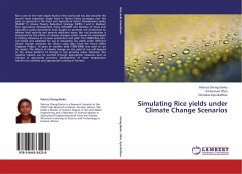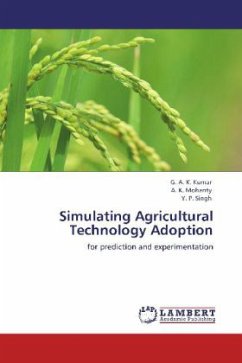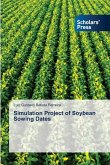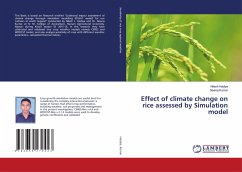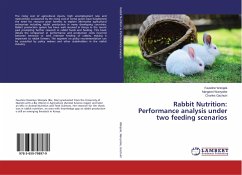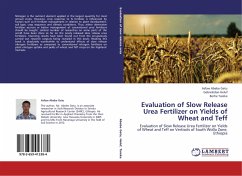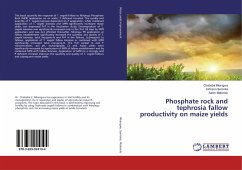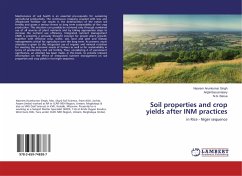Rice is one of the main staple foods in the world and has also become the second most important staple food in Ghana. Policy strategies over the years as captured in the Food and Agriculture Sector Development policy (FASDEP 1), Ghana Poverty Reduction Strategy (GPRS) I and II, Medium Term Agriculture Development Policy (MTADP) and Ministry of Food and Agriculture policy documents have sought to promote rice production to address food security and poverty reduction issues. But rice production is threatened by the effects of climate changes which cannot be overlooked in finding measures to increase production and yield. The CERES-Rice (Ver. 4.0) model was validated for use in simulating rice yields under different climate change scenarios for Ghana using data from the Anum Valley Irrigation Project. 18 years of weather data (1989-2006) was used to run the model. The effects of climate change on the yield of rice will depend on the actual patterns of change in rice growing areas. However, the negative impacts can be averted through appropriate measures such as changes in agronomic practices, development of more temperature tolerant rice varieties and appropriate training of farmers.

